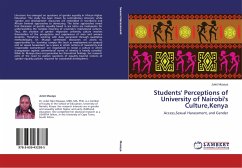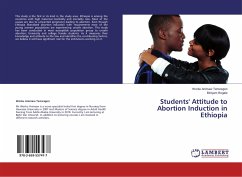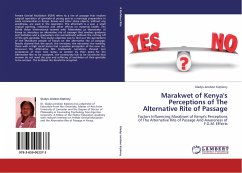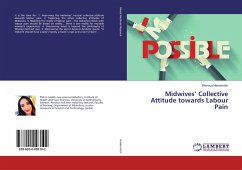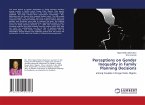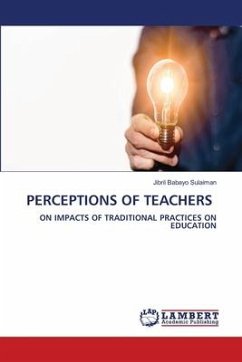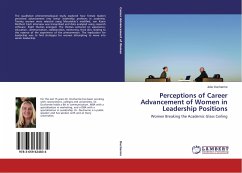Literature has emerged on questions of gender equality in African Higher Education. The study has been driven by contradictory interests; while 'gender and development' discourses are embedded in neo-liberal and African feminist approaches to democracy. The latter approaches reveal that discussion of gender equality based in sex ratios are inadequate for understanding the complex meaning of university's institutional cultures. Thus, the creation of gender responsive university culture involves theorisation of the perceptions and experiences of men and women students. Therefore, working with data generated through qualitative methodologies, Dr. Muasya synthesizes discourses on access to opportunities for 'surviving' campus life (such as employment on campus) and on sexual harassment (as a space in which notions of masculinity and 'respectable womanhood' are negotiated) to reveal a culture in which transgression against conventional norms of identity is heavily curtailed. While Dr.Muasya does not generalise her theoretical findings, her research oints of the need to explore questions of equality beyond notions of 'gender equality policies' required for sustainable development.

